Photography by Roland Hernandez
Did gay satire -- all satire -- die with Gore Vidal? Have real life and real politics become so ridiculous that there's no way to exaggerate them? Are we all bad jokes? Should we ask Jon Stewart?
The current problem with satire, in fact, is its target. When it comes to our middle-class culture, the elephant in the room is long gone. Everything about late capitalism that's silly, dishonest, hypocritical, or selfish was slashed and burned decades ago. Bret Easton Ellis, with his American Psycho, was the last American literary satirist; if you want to see society skewered, don't look for it on these shores.
Enter Puerto Rican writer Luis Negron, whose story collection Mundo Cruel is a laugh-out-loud expose of queens abandoned by our assimilationist gay revolution. Negron has a knack for portraying the insight and pathos that arise when old-school romantic, wounded souls collide. In nine short fictional monologues, he brilliantly depicts the campy queers, effeminate banter, and rough trade of Santurce, a low-rent neighborhood in San Juan.
READ: The Title Story, "Mundo Cruel," Here
Negron's humor and heart put him in the canon of gay high satire headed by Manuel Puig, the author of Kiss of the Spider Woman, who was also one of my inspirations.
Bruce Benderson: Is satire dead? Or are there other writers writing good social satire like you?
Luis Negron: I think everything has gone serious--gay culture, too. We seem to have forgotten that laughter is a way of sheltering ourselves from pain. In Mundo Cruel, I write about poverty and people who live in the margins of the margins. I could never have written this book if it hadn't been for the humor.
I think one reason satire seems all but dead is because people no longer observe society as closely anymore -- they're just living in it, unaware of what they're doing.
Satire is also an invitation to look at ourselves, to make fun of ourselves, and we're not doing that, either.
Be honest: Is it your own story you're telling in these monologues?
No. I was a good boy; really, really shy. Reading books all the time. A lot of people were shocked when they read Mundo Cruel, because I'm always much more serious. You know, when the book came out, some people on the Internet were screaming about it being homophobic because I used words like queen and f****t. These two professors -- a lesbian and a gay guy -- were supposed to present the book at a college in Mayaguez here in Puerto Rico, and they refused. The gay guy started to tell me my book is "sad," that I portrayed the gay world in a pathetic way. He said there were so many good things happening for gays these days, so why did I choose to show gays who were into straight guys and other depressing stuff like that, when it was all so passe? "I'm not a gay guy, I'm a queen," I told him. "I live in a very poor section of San Juan. I go to the straight bar and they know I'm a queen, but I'm there and I like that."
I would have called him a bourgeois pig and a classist.
The lesbian objected to the way I portrayed lesbians in the story "The Vampire of Moca," because I had them listening to Shakira. She said I had a responsibility to show them in a better light.
I thought that story had a positive portrait of lesbians. What the hell's wrong with Shakira?
In a way I am making fun of gay people nowadays -- the ones who think they're safe because they're white and good-looking and have money. There are other gays who live in an entirely different economic reality, and that's who I am. If they'd come to my neighborhood, they would have seen what I'm talking about.
Is Santurce a gay neighborhood of San Juan?
Not in the sense that you have in the U.S. Dominicans, Haitians, transsexuals, drug addicts, old-school gays -- they all live here. But you aren't going to see a rainbow flag in a store. Poverty put us together.
Is there any character in these stories with whom you especially identify?
I would say it's the kid in "The Garden" who makes love with his older partner right as he's dying of AIDS. I would fall in love very easily when I was his age, and I loved musicals and telenovelas.
You mean you loved The Sound of Music like him?
Yes. I'm a sissy and I don't care.
READ: The Title Story, "Mundo Cruel," Here
Mundo Cruel will be available in English on March 12, 2013, translated by Suzanne Jill Levine and published by Seven Stories Press.


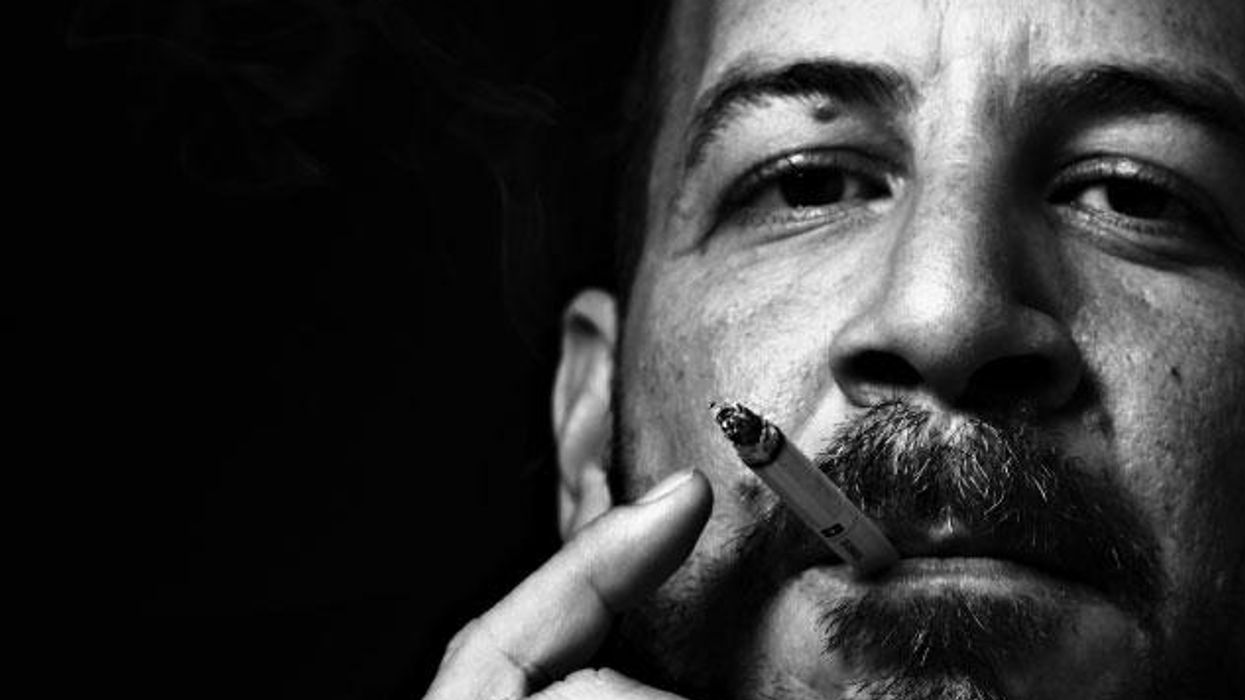




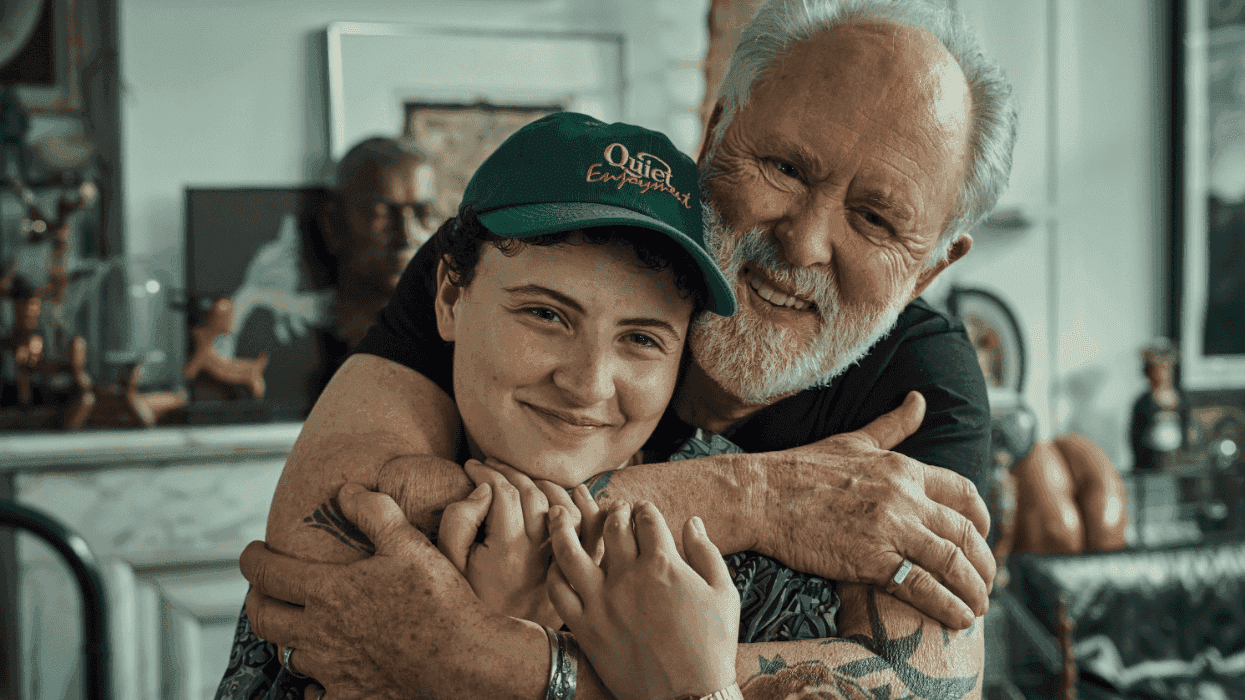

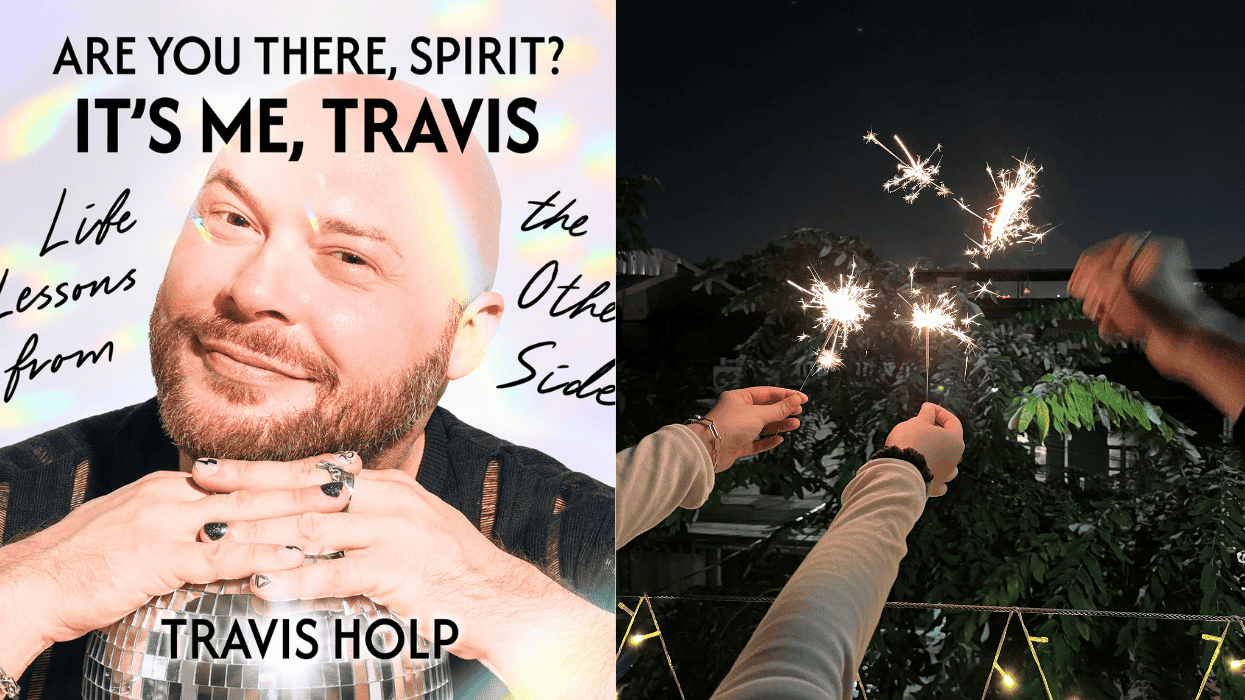










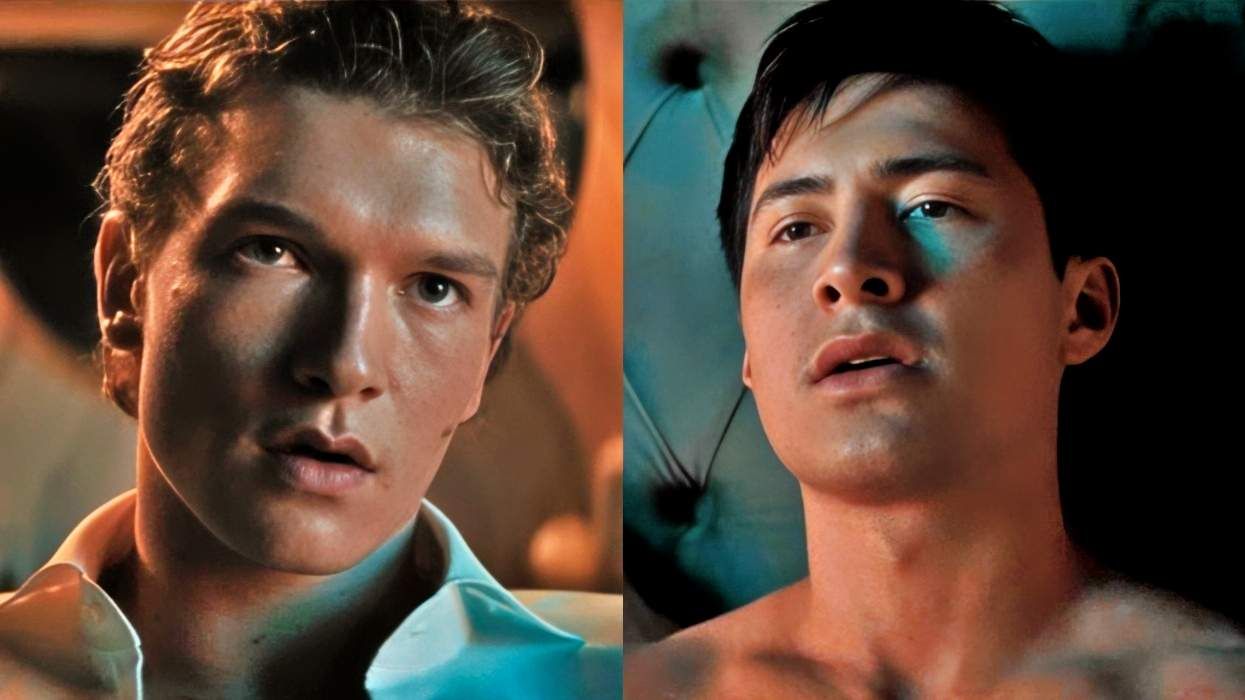




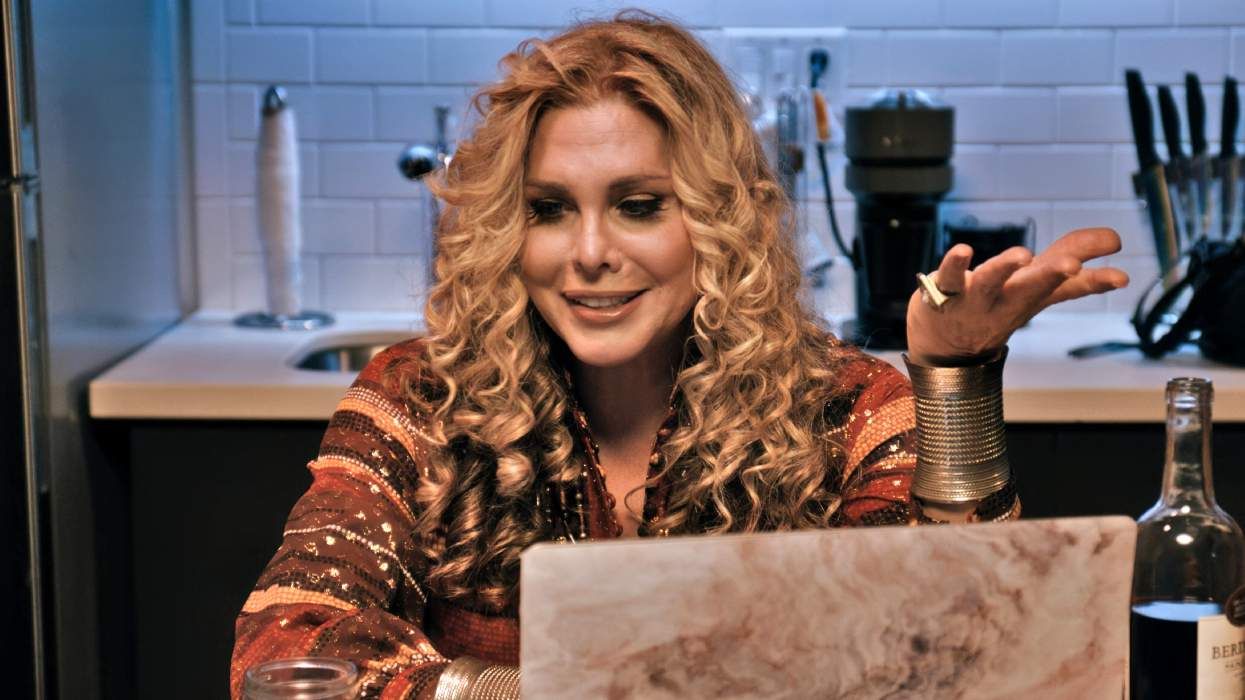


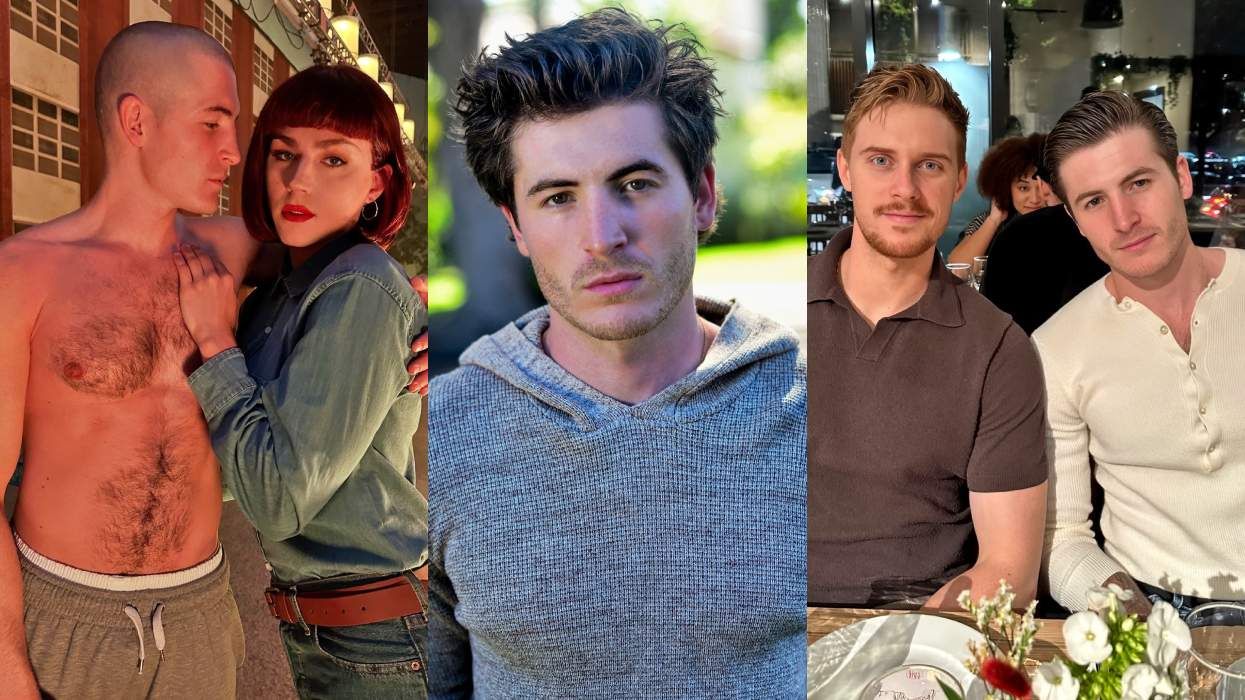


I watched the Kid Rock Turning Point USA halftime show so you don't have to
Opinion: "I have no problem with lip syncing, but you'd think the side that hates drag queens so much would have a little more shame about it," writes Ryan Adamczeski.